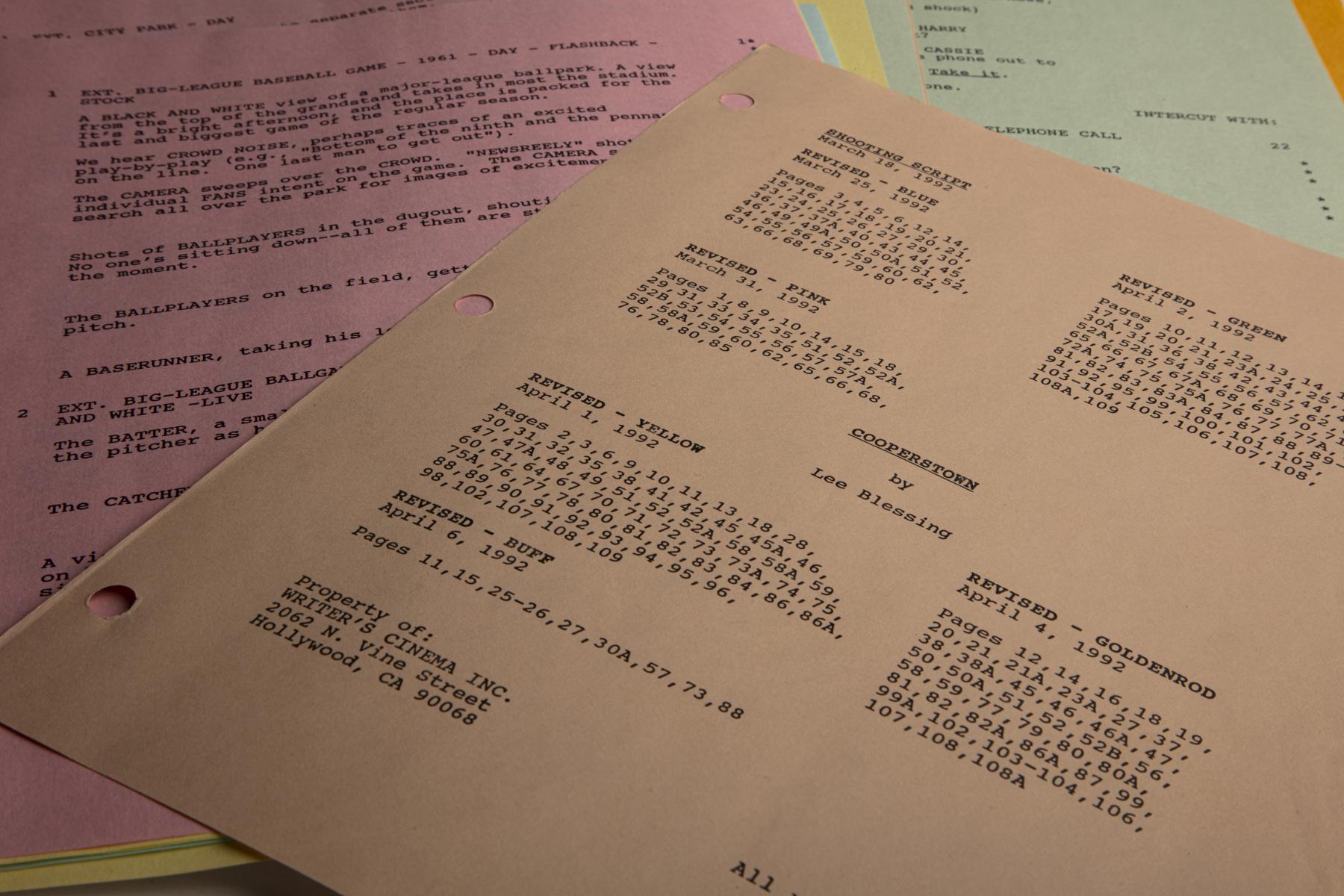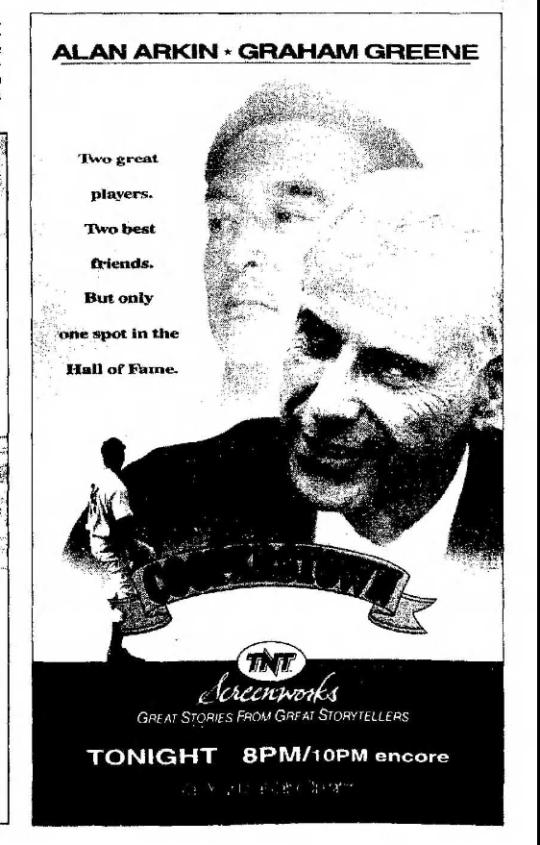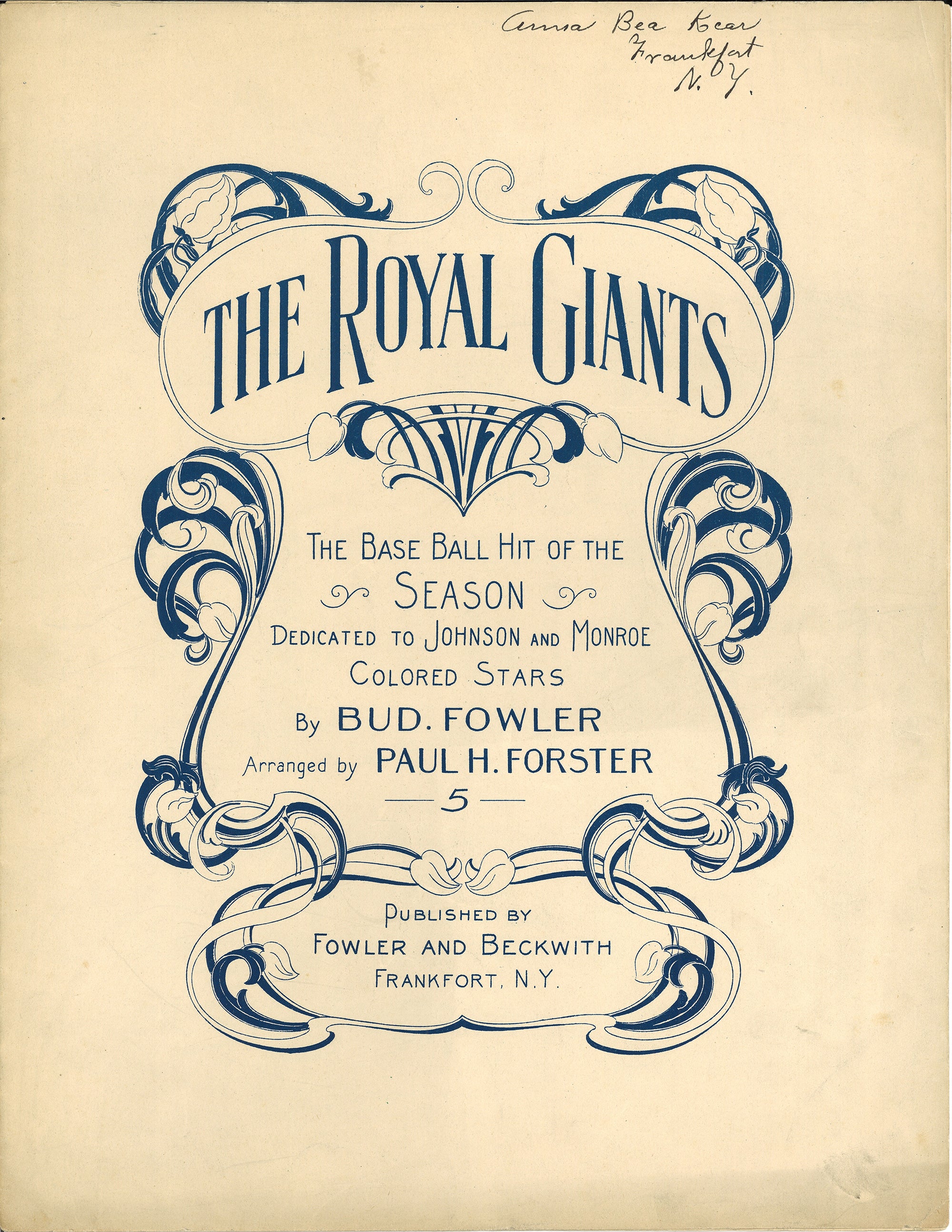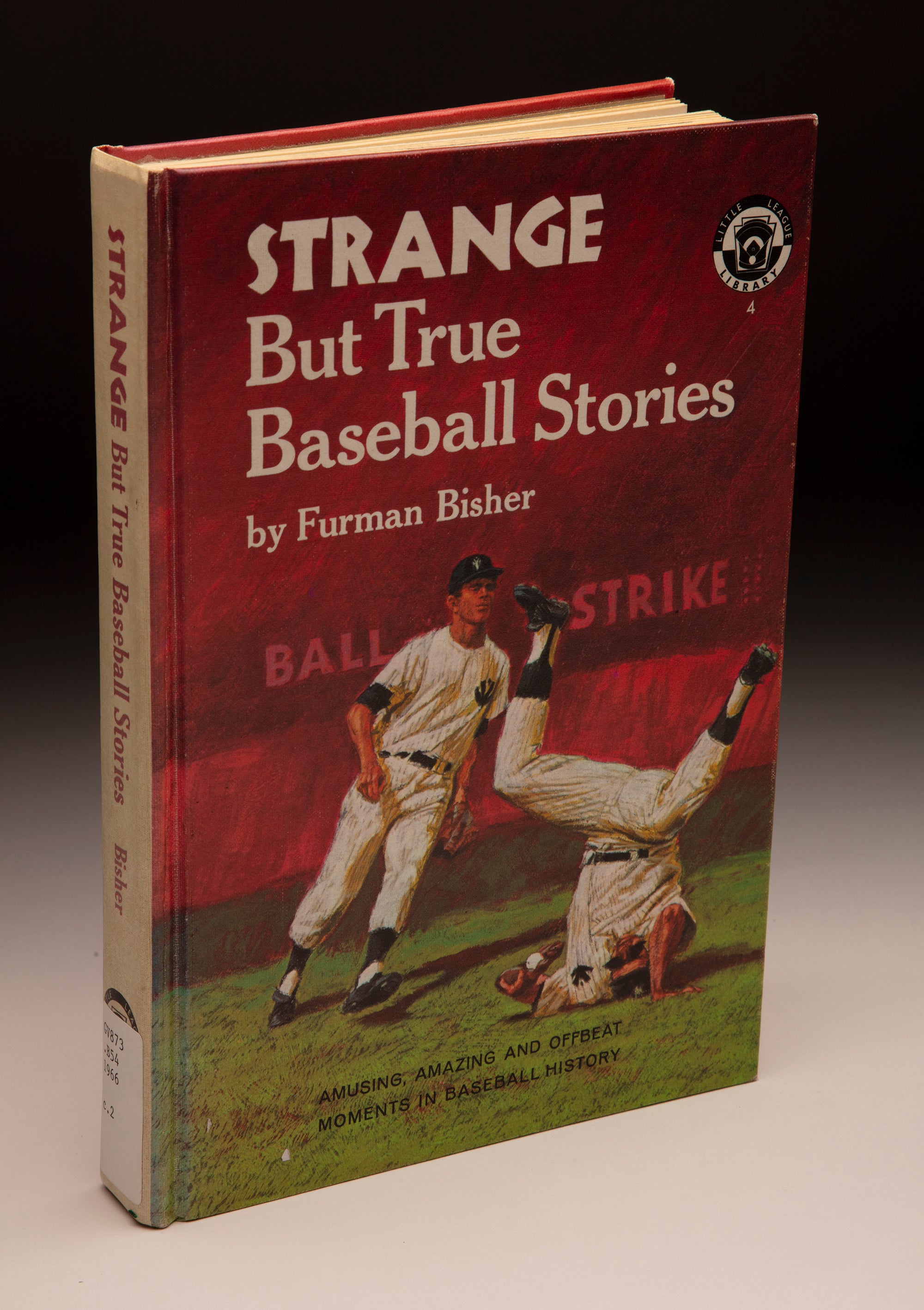‘Cooperstown’ movie script preserved at Museum
Thirty years ago, a made-for-television movie was centered on the home of baseball. And its sounds still echo through history.
Legendary baseball broadcaster Ernie Harwell’s familiar voice opens the movie, with his play-by-play description of a long-ago game enlivening the grainy black-and white footage that accompanies the opening credits.
Hall of Fame Membership
There is no simpler, and more essential, way to demonstrate your support than to sign on as a Museum Member.
Be A Part of Something Greater
There are a few ways our supporters stay involved, from membership and mission support to golf and donor experiences. The greatest moments in baseball history can’t be preserved without your help. Join us today.
Arkin, who had a legendary acting career on stage and screen, passed away June 29, 2023, at the age of 89. After capturing a Tony Award for his first lead role on Broadway in “Enter Laughing,” he made a name for himself as a diverse presence on the silver screen in “The Russians Are Coming, the Russians Are Coming” (1966), “Inspector Clouseau” (1968), “Catch-22” (1970), “Wait Until Dark” (1967), “The Heart Is a Lonely Hunter” (1968), “The In-Laws” 1979, “Glengarry Glen Ross” (1992), “Grosse Point Blank” (1997), “Little Miss Sunshine” (2006) and “Argo” (2012).
Around the time of the initial airing of “Cooperstown,” Arkin in an interview wanted to make clear the movie wasn’t so much about baseball as it was about self-doubt.
“It’s about our self-worth being tied up with a lot of external baggage that doesn’t really have anything to do with our worth,” said Arkin, who also appeared in the 2014 baseball film “Million Dollar Arm.” “We’re always looking to others for rewards, but they have to come from inside. I think that’s something everybody struggles with.”
Saying he preferred tennis to baseball, Arkin admitted in playing Willette: “All I had to do was change over from his passion to mine: acting. Only the terminology was different.
“When I haven’t gotten parts that I felt I should have gotten, when I see other people getting parts that they’re not right for and that I didn’t get because someone’s name was bigger than mine, I know what Harry Willette’s going through.”
In the movie, Willette describes his pitching career, often hurling for mediocre ballclubs, as, “A meal ticket for a team that never made its way past breakfast.”
When he’s on the mound for a game that means a berth in the World Series, he blames Maracle – who after spending seasons together was traded midseason to the team standing between him and the postseason – for supplying one of his new teammates with what to expect in the batter’s box. After giving up a home run and losing the all-important contest thanks to the perceived inside information, Willette never spoke to his best friend again.
The story ends with Willette finally saying goodbye to his youth and looking toward the rich road before him.
The New York Times, in its review, wrote, “An easygoing movie called Cooperstown … attempts the seemingly impossible: to concoct a baseball story without becoming mired in sentimental sludge. That it largely succeeds, right up to the inevitable final scene of teary uplift, is quite remarkable. A choice cast and the supple direction of Charles Haid help immeasurably, as does a screenplay by the playwright Lee Blessing.”
“Mr. Arkin and Mr. Greene give the kind of effortlessly assured performances that seem to inspire the best from everybody in their immediate vicinities …”
Haid said he made the movie for “everybody’s dad. ‘Cooperstown’ is for my dad. I had four brothers, and my dad would come home from work and he would be out there throwing the ball around. It was wonderful. Everybody’s dad did that. I am a father, too, so I made it for myself.”
Like Arkin’s character, Haid said his father couldn’t adjust to retirement.
“I did enjoy the movie. I thought they did a pretty good job. And I was delighted to work with Alan Arkin and Graham Greene who played the two principal roles.”
According to Blessing, Arkin’s involvement in the project was a highlight.
“Early on, I got to go up to his house in in the Hudson Valley,” Blessing said. “He wanted me and the director to drive up and we spent the day there talking to Alan about the role, talking a little bit about other casting, who he was comfortable with and wouldn’t be comfortable with if we cast them. Things like that. The usual things you do to make a star comfortable in a piece. He was just a delight and incredibly entertaining. So I had a very good time meeting him and enjoyed watching his work.
“I thought he was great. I thought the whole cast was great, but he was in almost every frame of that movie. He really captured the whole struggle the character was going through in that role.”
Neither Arkin nor anybody involved in the production set foot in Cooperstown during the production. In a wire service story that appeared in newspapers across the country, Jeff Matteson, a spokesman for TNT, reported the crew never left Los Angeles. The producers recreated Cooperstown and the Hall of Fame in California.
“It was filmed in Los Angeles on sets dressed to look like the Hall of Fame,” Matteson said. “I know the set designers studied photos and did their best to get a real approximation.”
The story later quoted then Hall of Fame Associate Director William Guilfoile, who said he read an early version of the script and relayed some comments to the movie’s producers.
“I think they contacted us out of courtesy, and probably to check some factual content, but actually I don’t have a very good idea of what the final product will be like,” Guilfoile said.
Bill Francis is the senior research and writing associate at the National Baseball Hall of Fame and Museum
























